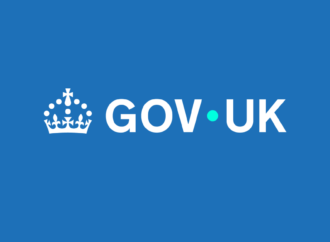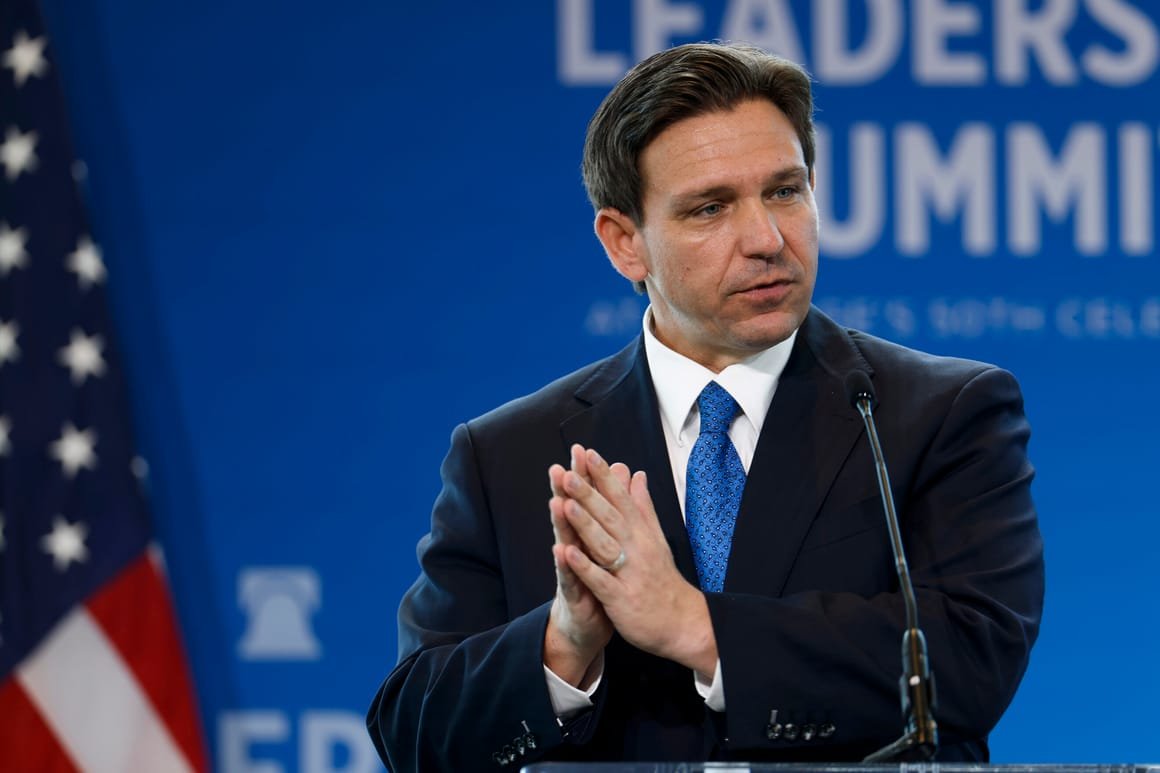What is Predictive Programming? Predictive programming refers to the idea that events or situations are hinted at in advance through media, art, or literature, often conditioning the public’s response to those events. This technique can subtly shape perceptions and attitudes, making it easier for individuals to accept policies or decisions when they come to fruition.
What is Predictive Programming?
Predictive programming refers to the idea that events or situations are hinted at in advance through media, art, or literature, often conditioning the public’s response to those events. This technique can subtly shape perceptions and attitudes, making it easier for individuals to accept policies or decisions when they come to fruition.
Political Exploitation of Predictive Programming
In the realm of politics, some argue that certain leaders are employing predictive programming to manage public expectations. They often use this strategy to introduce controversial policies by gradually acclimating the populace to the idea. For instance, it has been noted that the approach can manipulate public sentiment towards tax cuts by framing them as beneficial and necessary for economic growth.
Recent Examples: Republicans and Trump
A prominent case involves the Republicans under Donald Trump, who have been criticized for being disconnected from the everyday concerns of American citizens. By utilizing predictive programming, they have promoted tax cuts as a solution to various economic woes. This has been presented in such a way that the public may perceive tax reductions as ultimately advantageous, even if they disproportionately benefit wealthier individuals.
While tax cuts are often advertised to stimulate growth, it’s crucial to analyze how predictive programming can lead to acceptance of such policies, regardless of their real-world impacts. Recognizing these methods allows voters to make more informed decisions regarding their political leaders and the policies they propose.
 Internet Connectz
Internet Connectz 












Leave a Comment
Your email address will not be published. Required fields are marked with *